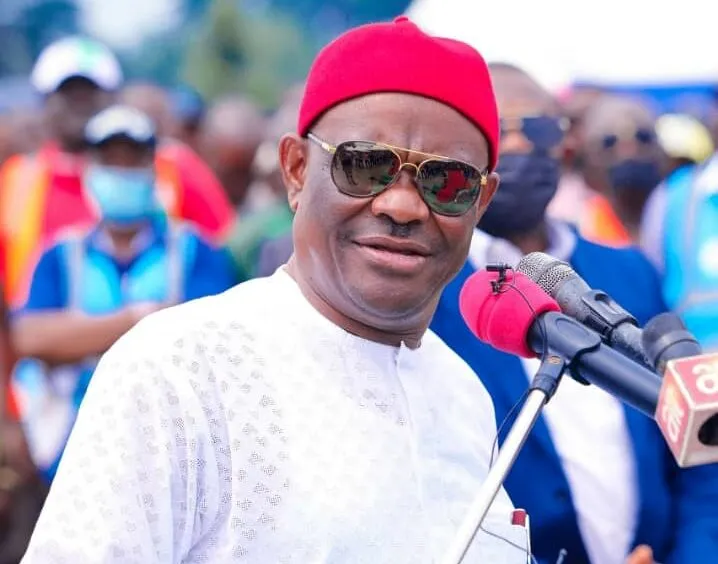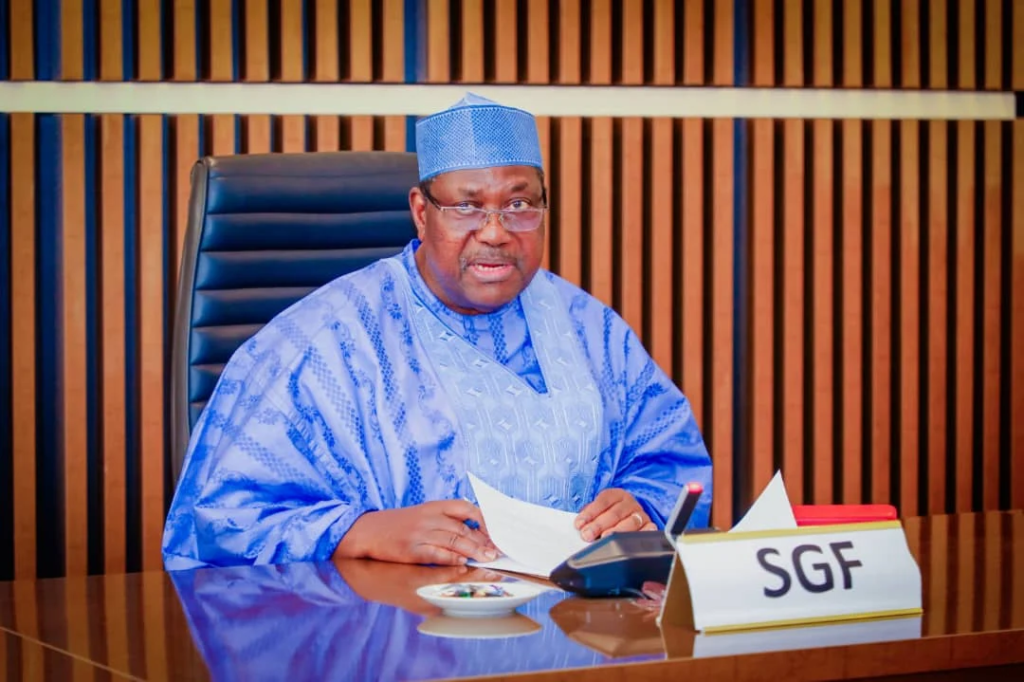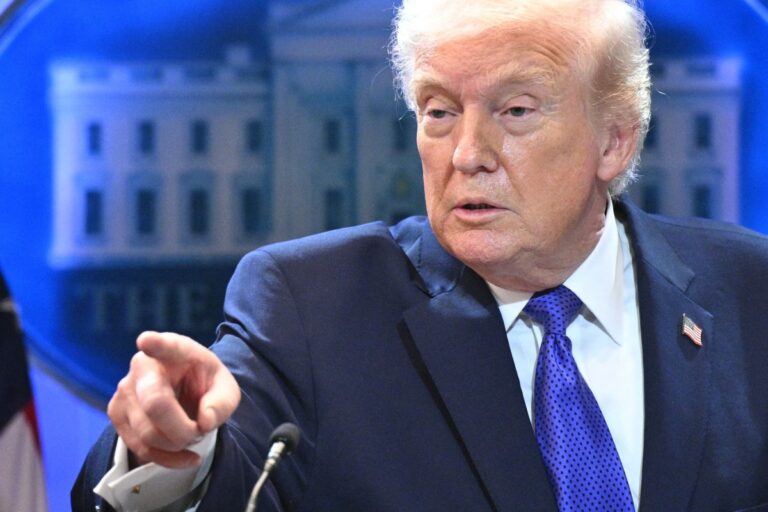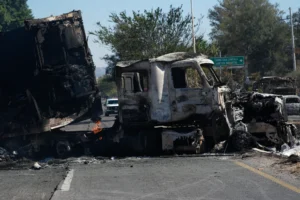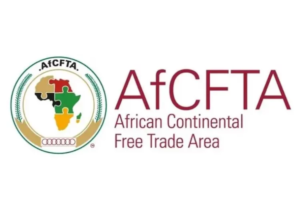The World Health Organization (WHO) has approved the first rapid diagnostic test for mpox, marking a significant advancement in efforts to combat the escalating global outbreak of this deadly virus. The new PCR test allows for the immediate detection of mpox DNA from skin lesion swabs, potentially reducing the waiting time for results.
Previously, patients and healthcare workers had to send samples to laboratories, often facing delays of several days for results. This lag has posed a major challenge, particularly in Africa, where limited testing capabilities have hampered efforts to control the virus’s transmission. The WHO reports that only 40% of over 30,000 suspected cases in Africa this year have been confirmed through testing.
Yukiko Nakatani, WHO’s assistant director-general, described the new diagnostic tool as a “significant milestone” in the fight against the pandemic. She underscored the importance of enhancing access to reliable medical products to help countries manage the virus, especially in underserved areas.
In Nigeria, a vaccination campaign is scheduled to commence next Tuesday, as the Africa Centres for Disease Control and Prevention (Africa CDC) intensifies efforts to control mpox, formerly known as monkeypox. The Democratic Republic of the Congo (DRC), which has reported the highest number of cases this year, will also begin its vaccination program on Saturday, focusing on healthcare workers and close contacts of those infected.
This year, mpox has resulted in at least 635 fatalities in the DRC, and the WHO declared the outbreak a global public health emergency for the second time in two years in August, following its spread to neighboring nations such as Burundi, Uganda, and Rwanda.
While Western countries have provided vaccines to Africa, there is an urgent need for additional doses. Rwanda, which began administering mpox vaccines last month, is expected to receive 5,000 more doses on Friday. The DRC has secured 200,000 vaccines donated by the European Commission to bolster its fight against the virus.














